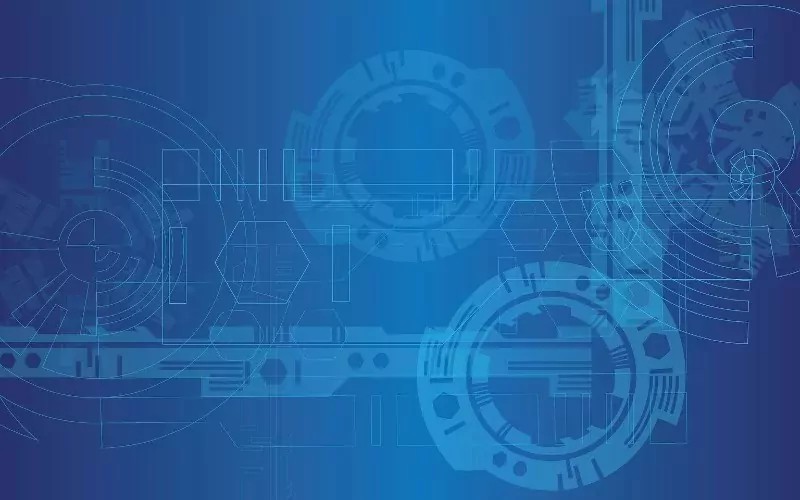Wood has secured £1.5 million in funding to enhance nuclear decommissioning using robotics. The project’s integration of advanced technologies promises significant improvements.
This initiative seeks to revolutionise the industry by introducing techniques inspired by space exploration, automotive, and medical sectors. The funding was awarded by major governmental and industrial bodies.
Innovative Step Forward in Nuclear Safety
Wood, a renowned global provider of engineering and technical services, has secured £1.5 million in funding to advance its research in robotics for nuclear decommissioning. This promising initiative aims to enhance safety, efficiency, and cost-effectiveness by integrating cutting-edge technologies with proven methodologies.
The funding backing Wood’s project stems from prestigious sources including the Department for Business, Energy and Industrial Strategy, the Nuclear Decommissioning Authority (NDA), and Innovate UK. This substantial financial support highlights the significance attributed to this research, which aspires to transform the current decommissioning landscape.
Pioneering Technologies Inspired by Space Missions
The project seeks to incorporate advanced technologies drawn from space exploration, automotive production, and medicine. These include a navigation system originally designed for Mars missions, enabling autonomous mapping in environments with limited human access, alongside mixed reality headsets and multi-fingered robotic grippers.
Bob MacDonald, CEO of Wood’s Specialist Technical Solutions, expressed, “Our innovative proposal for a fully remote solution removes the operator from hazardous environments and is adaptable enough to tackle different tasks, many of which present unique challenges.”
Collaborative Endeavours With Industry Leaders
Wood’s research is further strengthened through collaborations with key partners such as Airbus Defence and Space, Clicks and Links, and the University of Lancaster, amongst others.
These partnerships facilitate the integration of diverse expertise and the combination of knowledge from varying sectors to address complex decommissioning challenges through a multi-faceted approach.
Innovative material handling solutions are also a focal point of the project, aimed at mitigating risks associated with working at height, thus safeguarding personnel involved in the decommissioning process.
Enhanced Resource Allocation and Positive Reception
Significantly, the NDA’s enthusiasm regarding the project’s potential has led to an increased financial commitment, with a total of £8.5 million now available for the five shortlisted projects. This notable increase underscores the promising nature of Wood’s initiative.
Melanie Brownridge, head of technology at the NDA, remarked on the diverse and high-quality submissions received, emphasizing the cross-industry participation from sectors such as space and defence.
Feedback from suppliers and academic institutions has been overwhelmingly positive, asserting confidence in the project’s innovative direction and long-term impacts on nuclear decommissioning.
Revolutionising Decommissioning Through Innovation
The core aspect of Wood’s project involves the development of a demonstrator system intended for the cleaning and dismantling of highly radioactive rooms, referred to as ‘cells’, at Sellafield in Cumbria, UK.
Novel approaches, including autonomous navigation and the usage of state-of-the-art robotics, are integral to this endeavour, presenting new possibilities for tackling the rigorous demands of nuclear decommissioning.
As an innovation integrator, Wood stands at the forefront of combining ideas from industry and academia to redefine the nuclear decommissioning paradigm.
Opportunities for Broader Applications
Beyond improving nuclear decommissioning, the technologies and methodologies arising from Wood’s research could potentially benefit other sectors requiring precision and safety in hazardous environments.
The cross-disciplinary approach adopted by the project exemplifies how collaborative innovation can foster advancements extending beyond the immediate scope of the original research aims.
By fostering a culture of innovation, Wood is not only addressing current challenges but also paving the way for future technological developments.
Summary of Recent Developments
Wood’s funding success signifies a pivotal moment in the ongoing quest for safer, more efficient nuclear decommissioning solutions.
The project’s alignment with the NDA’s mission underlines its potential to effect meaningful change within the industry through strategic innovation.
Wood’s funding marks a significant step toward advancing nuclear decommissioning technology through robotics.
This project not only tackles current challenges but sets a precedent for future innovations in hazardous environments.

